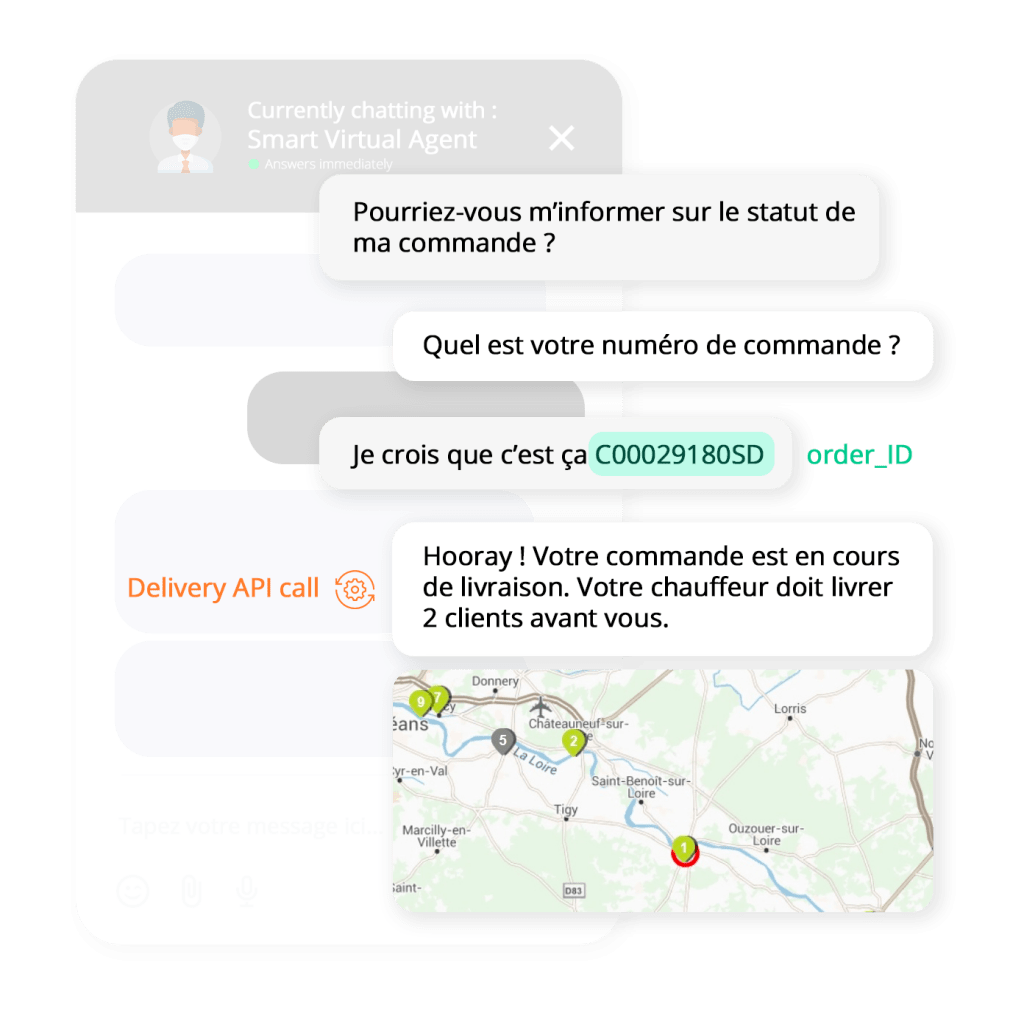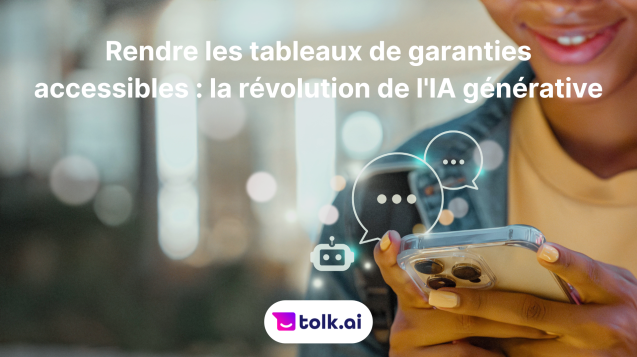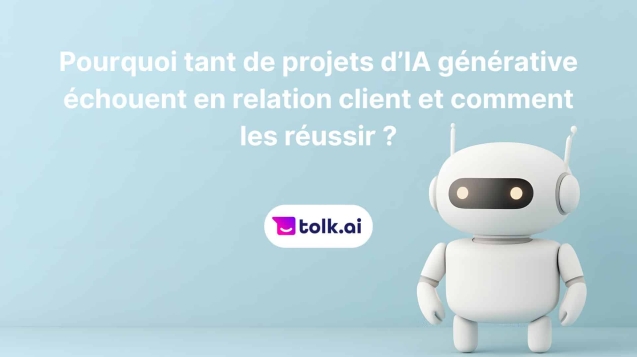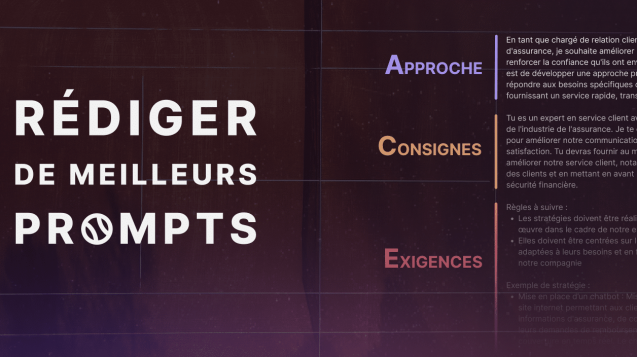Self-care is at the heart of all customer relations strategies for companies of all sizes. Driven by a growing desire for customer autonomy, but also by consumer habits, self-care is now evolving thanks to new technologies, notably artificial intelligence.
FAQ: already outdated?
A star of the 90s, the FAQ or "Frequently Asked Question", now renamed "Foire aux Questions", had its heyday when consumer purchasing behavior changed.
The need for assistance with simple but essential operations (delivery, refund, exchange, etc.) has forced companies to create help content that answers the most frequently asked questions. Speeding up the problem-solving process and increasing customer autonomy are two of the reasons behind the rapid adoption of this type of tool.
Chatbots: the future of selfcare?
Since 2016, a newcomer has shaken up the small world of selfcare in customer relations. Chatbots(first linear, then intelligent) have made their appearance. Initially used to automate all kinds of services, they gradually began to specialize in customer relations. And more specifically in self-care.
NLP Chatbots, capable of understanding a user request formulated in natural language, have completely changed the game. Positioned on every page of a website, they help customers naturally, just as a human would (or almost). Capable of varying degrees of interaction, they herald the advent of a new type of self-care: more dynamic, faster, smarter, more efficient and more economical.
Unguided customer interaction enables us to understand a user's request with greater finesse, sometimes specifying it and associating a more or less personalized response (depending on the need).
Less static, the NLP Chatbot is enriched by unanswered requests. It's a tool that adapts, enriches and improves its performance as it helps its users.
Finally, NLP Chatbots, because they are unconstrained, can automate more than just simple FAQs. They can qualify complex requests for escalation to a qualified agent, gather additional information to open a support ticket, or automate more or less complex business procedures(thanks to RPA or CRM integrations).

FAQs, whether dynamic or static, pale in comparison to NLP Chatbots. Little by little, they're beginning to bow out in favor of "smarter", more scalable devices. In line with consumers' desire for immediacy and personalization, NLP chatbots seem to be in tune with consumer habits, as they are attentive to the simplicity and accessibility of the services on offer. This also applies to customer relations.
| Intelligent chatbot (NLP) | FAQ | Dynamic FAQs | |
|---|---|---|---|
| Type of consultation | Natural language question | Tree | Search engine |
| Type of response | Precise / contextualized response | Generic article | Generic article |
| Availability | All pages | Dedicated section | Dedicated section |
| User feedback | Associated with the precise answer | Associated with the full article | Associated with the full article |
| Identifying out-of-scope issues | Yes | No | No |
| Multi-channel | Yes (FB, Whatsapp, ...) | No | No |
| Complex paths / Business processes | Deep / contextualized automation | No | No |
| Escalation to an agent (live-chat) | Yes, prior qualification | No | No |
| Escalation to an agent (support ticket) | Yes, prior qualification | No | No |
| Lead gen | Yes, via conversational form | No | No |
| IS connection | Yes | No | No |
| User identification | Yes | No | No |
| Scalability | Important | Limited | Limited |



